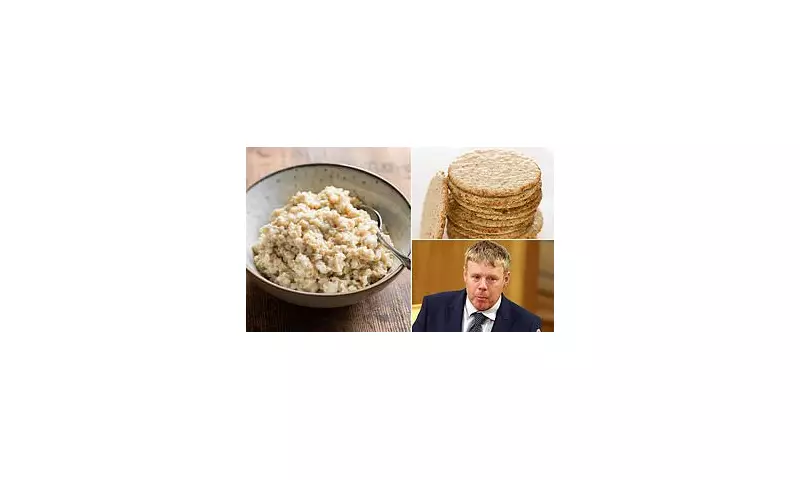
Scotland's Breakfast Staple Faces EU Regulation Threat
For generations, porridge has been an essential component of Scotland's culinary heritage, but this traditional breakfast now faces an unexpected challenge from European Union food safety regulations. The potential threat emerges from Sir Keir Starmer's proposed reset deal with Brussels, which aims to realign Britain's agricultural policies with EU standards.
At the heart of the concern are mycotoxins - naturally occurring toxins produced by fungi that can be found in oats and other crops. Under EU rules implemented after Britain's departure from the bloc in 2020, Scottish oats could be deemed to contain excessive levels of these substances, particularly during wet and warm growing seasons that encourage fungal growth.
Farmers Fear Catastrophic Consequences
Scottish Conservative shadow rural affairs secretary Tim Eagle has voiced serious concerns about the potential impact on local agriculture. 'This threat will understandably be causing deep alarm among Scottish farmers whose oats are used in some of our most iconic products,' he stated.
Eagle emphasised the severity of the situation, warning that 'the inability to sell oats would be potentially catastrophic for many' farmers already confronting significant challenges. He drew parallels with fishing industry concerns, noting that 'Keir Starmer has already sold out our fishermen in his reset deal with the EU and must ensure that our farmers do not suffer a similar fate.'
The Conservative spokesman urged the UK government to 'confirm they are planning to raise this in any upcoming negotiations with the EU and fight for the best possible outcome for farmers and producers.'
Scientific Perspective on Safety Levels
According to the World Health Organisation, mycotoxins present in various crops including wheat, barley, nuts, dried fruit and apples can pose health risks when consumed in large quantities. These risks include acute poisoning or long-term conditions such as immune deficiency and cancer.
However, a Food Standards Agency study conducted in 2014 found that while trace toxins were detectable across a range of oat-based foods, the levels remained 'below the tolerable daily intake.'
Following the European Commission's changes last year, the UK reviewed its own mycotoxin regulations and determined that current guidance remains adequate. NFU Scotland supported this position, stating that 'the UK's current mycotoxin minimum residue levels are at the right level. Science-based and safe for consumers.'
A spokesman for the farming union highlighted that 'oats are a hugely important crop for Scottish arable farmers – both economically and as part of sustainable rotations.' He noted that Scottish manufacturers already ensure exported oat products meet international market requirements.
The UK government has indicated that several areas will require maintaining distinct British rules, with specific details subject to ongoing negotiation. A spokesman emphasised that 'a food and drink deal will slash red tape and costs, support British businesses and could add up to £5.1billion a year to the economy.'
Meanwhile, the Scottish Government has acknowledged industry concerns, stating that 'it's a top priority for the Scottish Government that the UK-EU Sanitary and Phytosanitary Veterinary agreement is effectively negotiated to reflect properly the interests of Scottish producers and consumers.'





